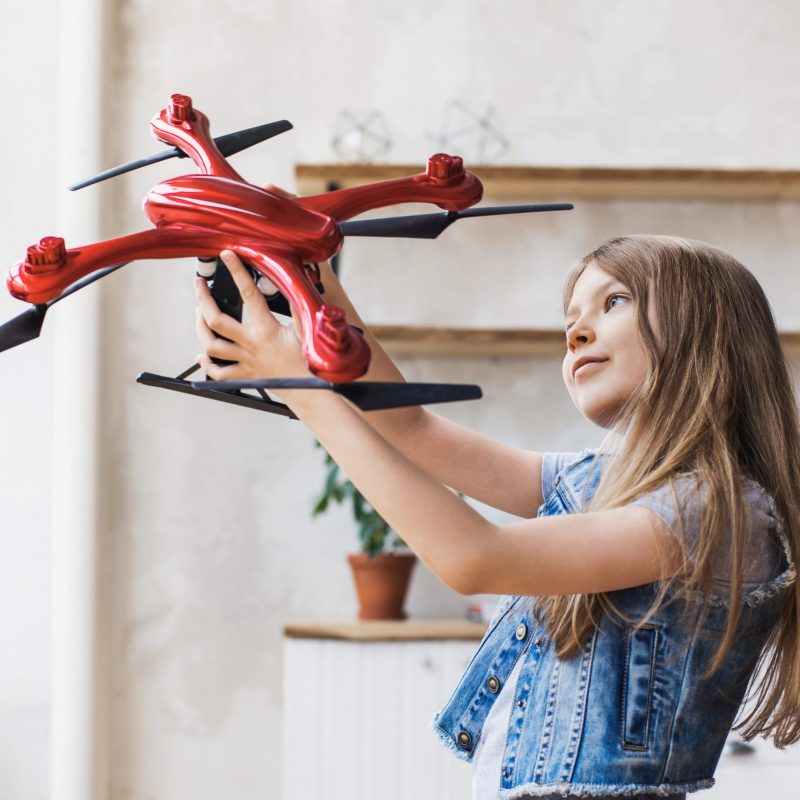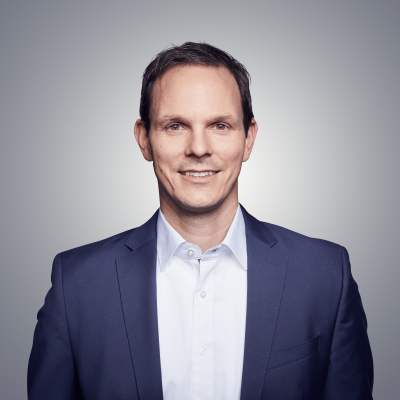Autonomous Flight Turns Visions Into Reality
A high level of automation, ultimately autonomous flight, is a necessary condition for drone-based transportation networks of goods and people at scale.
Increasing levels of automation has already become an integral part of viable drone-based
enterprises. Safely automating flight across different phases of flight, missions, and
environments can present significant challenges for an Unmanned Aircraft System (UAS).
Let's accept the challenge together to make the vision come true!


Philosophy
A high degree of automation, ultimately autonomy, must be considered as early as possible, especially when the pilot in command is not on board. If done right, use cases can be turned into feasible business cases.
Increasing Levels of autonomy of UAS isn’t the problem, it is part of the solution.
Together, we can avoid typical pitfalls in UAS development and operation, and ensure that the system is durable in nature (e.g., automation in V&V, automation-enabled architecture, and appropriate software design)
- Startup Advisory
- Innovation Funding Initiatives
- Innovation Strategy
- Research & Development Management
- Technology Readiness Level Assessment
- Technology Review
- Technology & Supplier Scouting
- Technical Due Diligence
- Accident Investigation Support

Technical Areas
- Autonomy Architectures
-
Autonomy Frameworks (e.g., NIST ALFURS or ASTM AC377)
-
Deconstructed Pilots / Automated Airmenship(e.g. GAMA SVO)
- Mission Planning
- Mission Management
- Flight Management
- Flight Guidance
- Flight Navigation
- Formal Methods (LTL, Lola)
- In-time / Runtime Assurance
- Safety Assurance
- Safety-Critical Software
- Specific Operation Risk Assessment (SORA)
- Validation & Verification
-
Artificial Intelligence (including but not limited to Machine Learning and Deep Learning approaches)
Business Areas
- Advanced Air Mobility (AAM)
- Simplified Vehicle Operations (SVO)
- Urban Air Mobillity (UAM)
- Unmanned Aerial Systems (UAS)
Recently, Florian-Michael Adolf established autonomy79.aero, a global consulting service assisting aerospace startups, established businesses, and investors in navigating the rapidly evolving landscape of autonomous flight technology.
His experience with unmanned aerial systems (drones), and optionally manned aircraft, helps mitigate development risk, create a concrete roadmap, secure operational approval, and move ideas from the whiteboard to flight test and operations.
He understands autonomous systems, and drones in particular, to be not an end in itself and therefore a problem to be solved, rather autonomy is part of the ”golden path” towards the solution for UAS operations at scale.
Personal Background
Florian-Michael has contributed to the drone revolution in various positions at DLR since 2006 and joined Volocopter in 2018 as Head of Autonomous Flight.
After graduating in computer science in 2003, Florian-Michael completed a Master of Science in Autonomous Systems at Bonn-Rhein University of Applied Sciences in 2006 and then specialized in unmanned aerial systems and autonomous flight at German Aerospace Center (DLR).
Florian is still influenced by his early days of hands-on robotics at the "RoboCup" robot soccer championships and later during flight tests in the field, where a malfunctioning algorithm meant field troubleshooting and mosquito bites.
He finds it equally fascinating to see what solutions can be "taught" to machines, but also instructive to see what machines cannot yet do perfectly. Therefore, his practical experience and V&V perspective on automation combined with his curiosity for ever better (software) technologies has been an integral part of his work focus ever since.
Publications
Research remains a core pillar for a young market such as UAS (drones) to turn inventions into innovations.
Since 2006, Florian-Michael published his scientific, commercial and patent contributions on UAS. Technical areas - including but not limited to - addressed decision making, guidance & control, verification, testing and risk-based operation.


